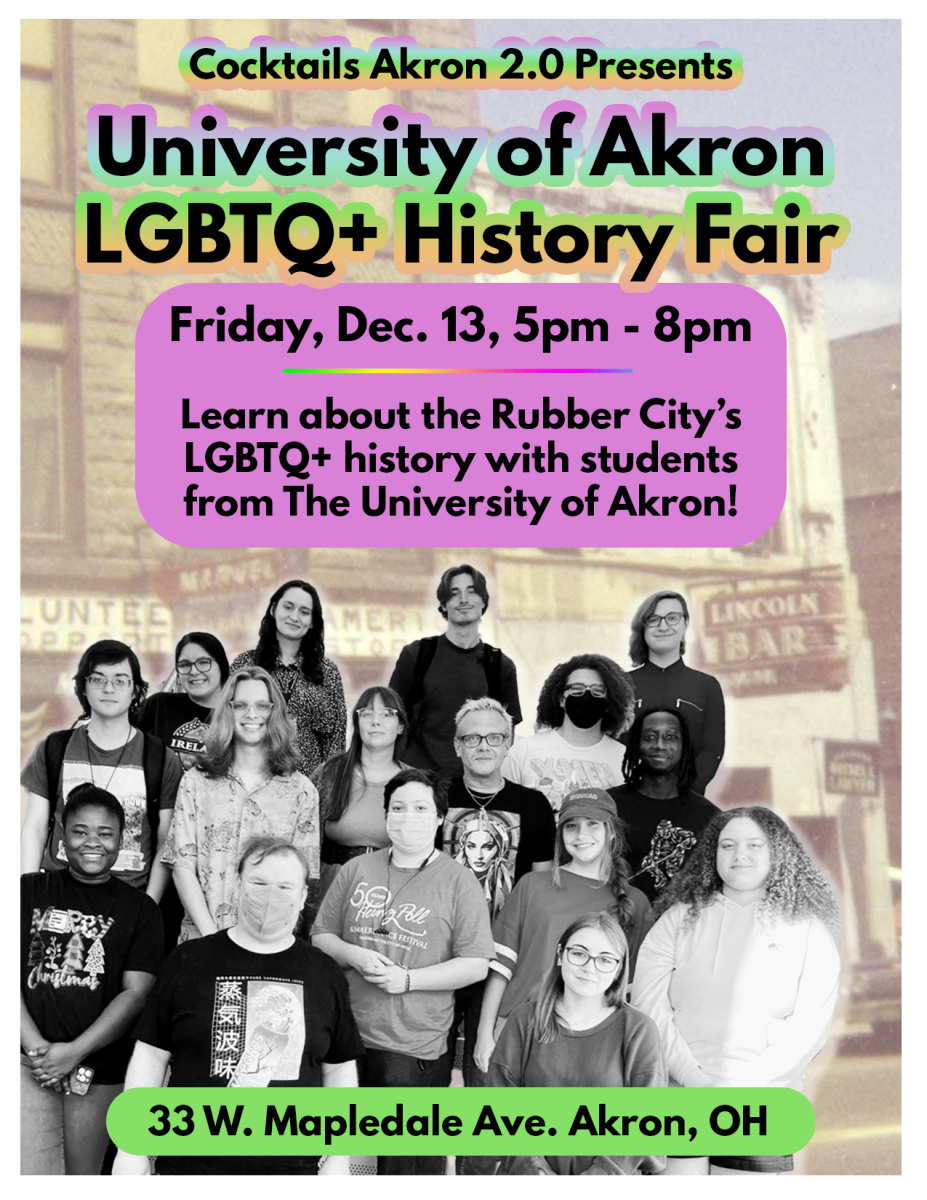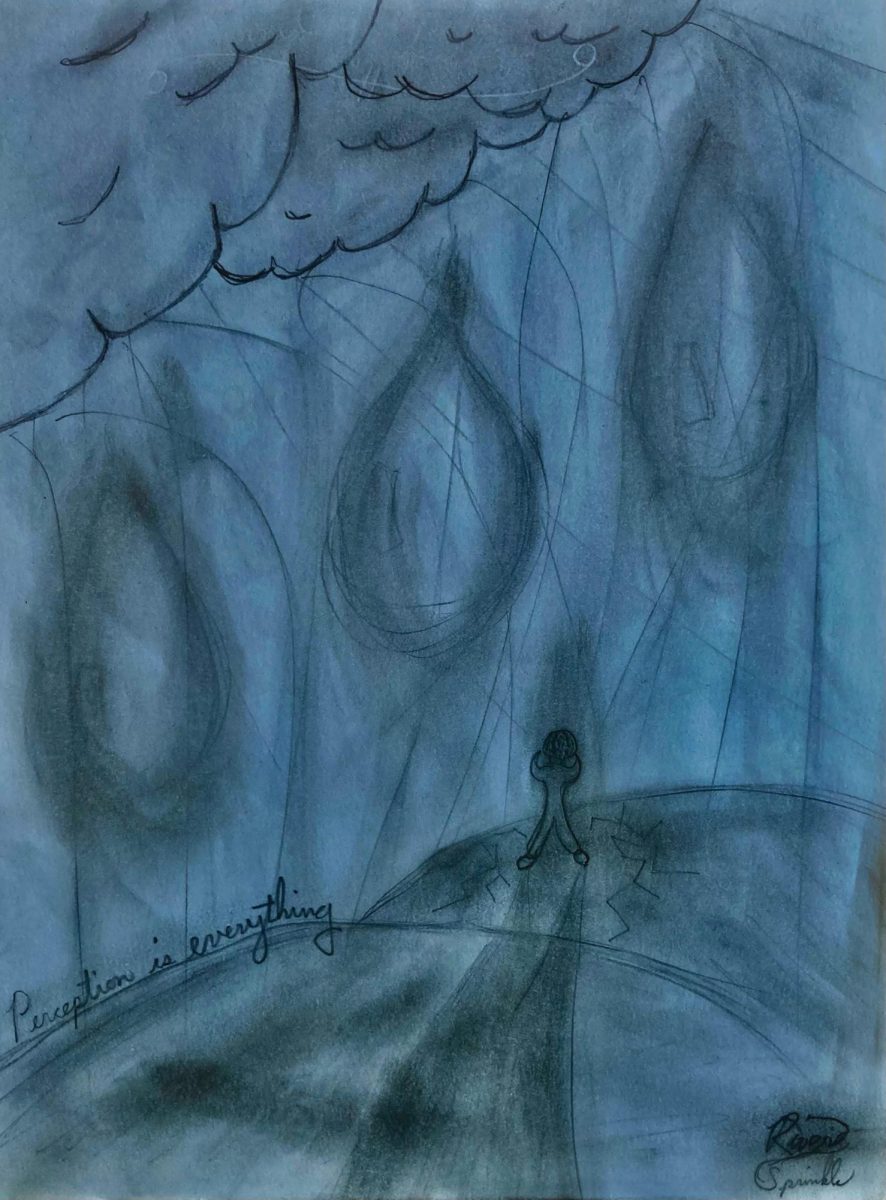Book to movie adaptations: failures and successes
September 30, 2014
It is not unusual to get excited when one hears that their favorite book is going to be turned into a movie. They are finally going to see the story they love so much translated into real life and see it as more than how they imagined it when reading. It seems like any reader’s dream come true, right?
Maybe not so much.
Movie adaptations of novels can be fun to see and the acting is usually done very well, but there is a plethora of pertinent problems that pop-up in the process. Adaptations aren’t always bad. The Fault in Our Stars, Holes, and the Harry Potter series, for the most part, stayed true to the original stories whilst producing enjoyable, highly accessible movies. However, there are many examples of adaptations that could have been done much better (or shouldn’t have been done at all).
One issue is the drastic changes made during the transition of mediums. There are changing characters, the removal or addition of tertiary storylines and, worst of all, the demographically purposed content; scenes or characters added or emphasized for the sole purpose of targeting a certain audience. In all of this, the true meaning can be lost.
One of the biggest culprits is Peter Jackson, the director of the Lord of the Rings trilogy. Looking at the movies as completely separate entities from the book, it is a very well done series and one can hardly blame Jackson for cutting as much content as he did.
The books were massive and a movie can only be so long. However, when comparing the movies with J.R.R Tolkien’s original works, they are a terrible representation. For example, the essence of key characters was very different. For example, Aragorn in the book was a confident man who knew he deserved to be king, whereas Aragorn in the movie was angst-ridden and reluctant to accept the crown. Aragorn’s character was perfect in the book. Tolkien’s Merry and Pippin were two brave, clever men who helped significantly with the journey, but Jackson’s version used them as comic relief, which contributed very little to the story as a whole. These are not the only changes, but they were some of the most severe and pointless.
Peter Jackson’s The Hobbit, which was released as an unnecessary trilogy, is also guilty of irresponsible adaptation. The characters were completely changed, but the worst parts were the countless storylines added to the second movie, The Desolation of Smaug. Not only was Legolas added as a larger character (Legolas did not even appear in the book) but an entirely new character, Tauriel, was added. She did not even exist at all in any of Tolkien’s stories. To make matters worse, she was given a storyline where she had a romance with one of the dwarves. Not only was it an insult to the original story by J.R.R Tolkien (which was perfectly fine as it was), it contributed nothing to the rest of the story. In an attempt to make the source material universally appealing, Jackson has disrespected the source material and the fans.
Another movie that has transpired from a book is A Series of Unfortunate Events, where the first three books were crammed into one movie, with poorly adapted characters and out-of-order events. It was disappointing because with a series that had so many books, it would have been nice to see some of them portrayed properly on the big screen. Unfortunately, that never happened.
More often than not, movies are not adequate depictions of the books from which they are derived. The excuse “you just have to separate the movie from the book and think of it as something different” is the most ridiculous and annoying argument ever heard. The reason why a book is made into a movie is because the story is well written, popular with fans and would translate well onto the big screen. Some movies are different from the book simply because they will not work on film. To capture the essence of the true story of a book on film can be a challenging thing for almost any director or script writer.
Here is the moral of the story: we need more original stories. For the time being, Hollywood needs to take it easy on adapting books since, for the most part, they have trouble capturing the trueness of the book. This is insulting to the author and to the fans of the books. This is something directors and script writers do take into consideration when making a movie from a book, but sometimes you just don’t fix what isn’t broken.








